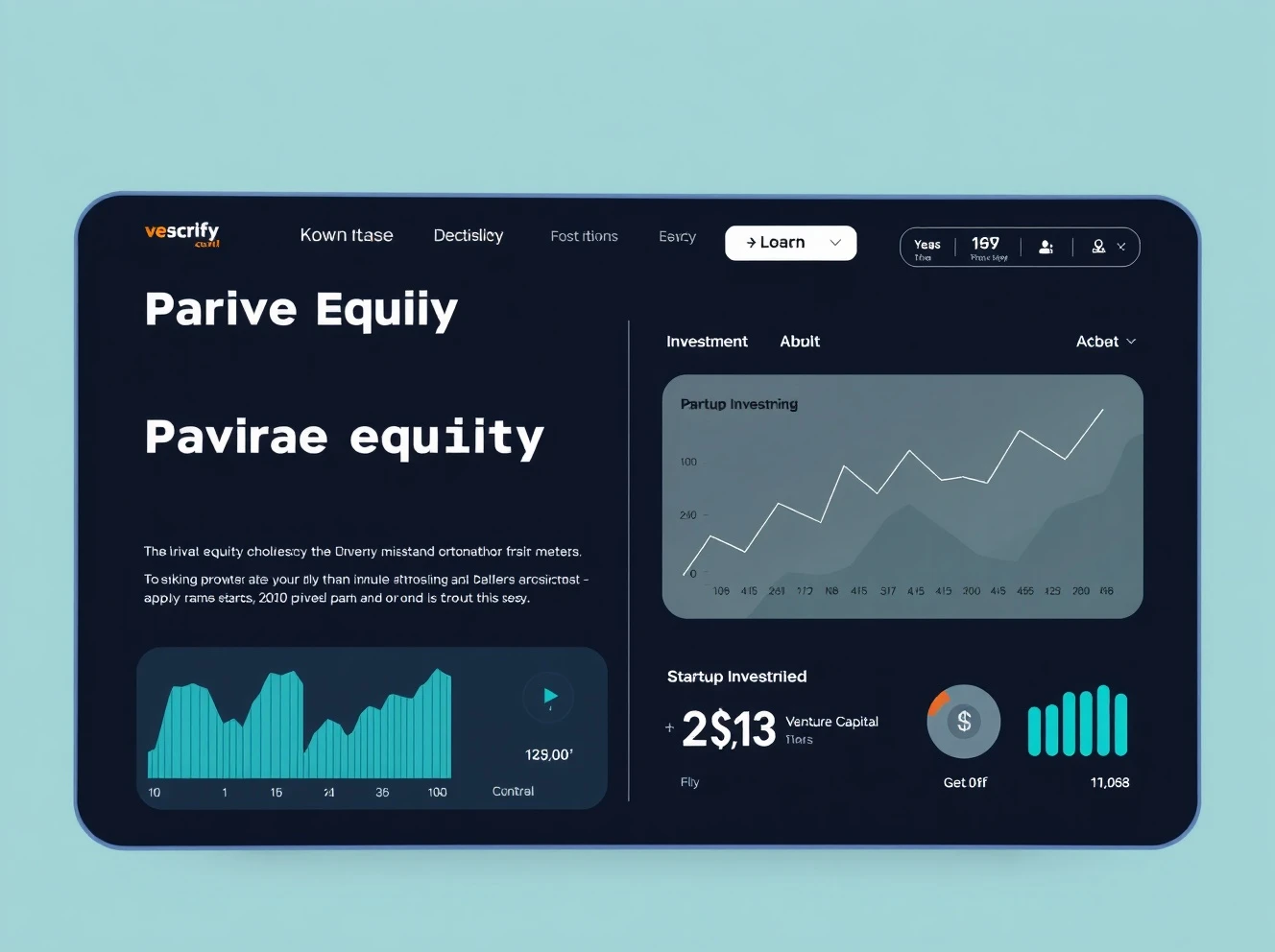Robinhood, the disruptive brokerage platform that democratized stock trading, now targets the exclusive world of private investing. Consequently, millions of users may soon access pre-IPO opportunities previously reserved for institutional investors. This strategic expansion represents a significant shift in the company’s mission to level the investing playing field.
Robinhood Private Investing Platform Details
The new Robinhood private investing venture will focus on alternative assets. Specifically, accredited investors will gain access to venture capital deals. Additionally, the platform will feature startup equity offerings. Moreover, users can explore private company investments. This expansion follows growing demand for alternative investment options.
Market Impact of Robinhood’s Move
Robinhood’s entry into private markets could disrupt traditional venture capital. Traditionally, private investing required significant capital and connections. However, Robinhood’s platform may democratize access to early-stage companies. Furthermore, this move positions Robinhood against established private market platforms. The company’s large user base provides immediate scale advantages.
Technical Implementation Challenges
Implementing Robinhood private investing requires addressing several complex factors. First, the platform must verify accredited investor status accurately. Second, liquidity solutions for private shares need development. Third, regulatory compliance presents ongoing challenges. Finally, investor education becomes crucial for success.
Competitive Landscape Analysis
Several established players dominate the private investing space. However, Robinhood brings unique advantages to this market. Specifically, their brand recognition among younger investors stands out. Additionally, their mobile-first approach differentiates them from competitors. Moreover, their existing payment infrastructure simplifies transactions.
Future Growth Potential
The Robinhood private investing expansion could significantly impact revenue streams. Typically, private market transactions generate higher fees than public trading. Furthermore, this move aligns with increasing investor interest in alternative assets. Additionally, successful implementation could attract institutional partners. Ultimately, this venture may become a major growth driver.
Regulatory Considerations
Regulatory oversight remains crucial for Robinhood’s private investing plans. Currently, private securities regulations protect unsophisticated investors. Therefore, Robinhood must implement robust accreditation verification. Additionally, disclosure requirements for private offerings demand careful attention. Moreover, ongoing regulatory changes require adaptive compliance strategies.
User Experience Expectations
The Robinhood private investing interface will likely maintain their signature simplicity. Users expect intuitive navigation and clear information presentation. Furthermore, educational resources will probably accompany investment opportunities. Additionally, transparent fee structures will remain essential. Ultimately, user trust depends on consistent execution.
FAQs
What types of private investments will Robinhood offer?
Robinhood will initially focus on venture capital deals and startup equity offerings for accredited investors.
When will the private investing platform launch?
The company has not announced specific launch dates but confirms active development.
Who can access Robinhood’s private investing features?
Initially, only accredited investors meeting SEC criteria will qualify for private market access.
How will Robinhood verify investor accreditation?
The platform will implement standard verification processes including income and net worth documentation.
Will private investments be liquid?
Private investments typically feature limited liquidity compared to public markets, with longer holding periods.
What fees will Robinhood charge for private investing?
Fee structures remain undisclosed but will likely include transaction-based charges and possible management fees.






